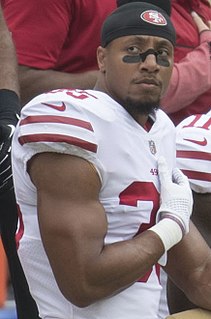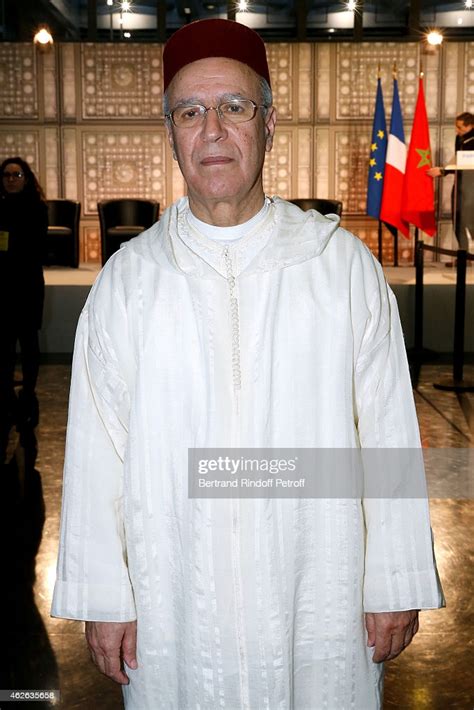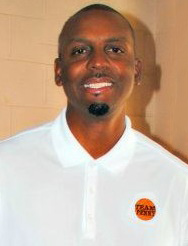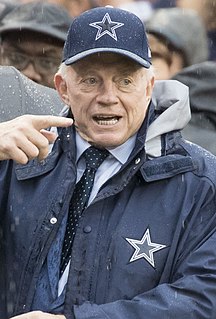A Quote by Annie Lowrey
Aided by the Great Society and the New Deal, the middle class grew, everywhere from Winnetka to Orlando to Humboldt.
Quote Topics
Related Quotes
When I grew up, I realised what an amazing thing my parents did. It was such a big deal for my mom, a middle class woman, to decide to leave her children and husband to go and do her Ph.D. for three years. And my dad, who is even more middle class, a traditional South Indian, to let his wife do that.
What I call middle-class society is any society that becomes rigidified in predetermined forms, forbidding all evolution, all gains, all progress, all discovery. I call middle-class a closed society in which life has no taste, in which the air is tainted, in which ideas and men are corrupt. And I think that a man who takes a stand against this death is in a sense a revolutionary.
I grew up on the north side of Chicago, in West Rogers Park, an overwhelmingly Jewish neighborhood. When I was 13, my parents moved to Winnetka, Illinois, an upper class, WASPy suburb where Jews - as well as Blacks and Catholics - were unwelcome on many blocks. I suffered the spiritual equivalent of whiplash.
































